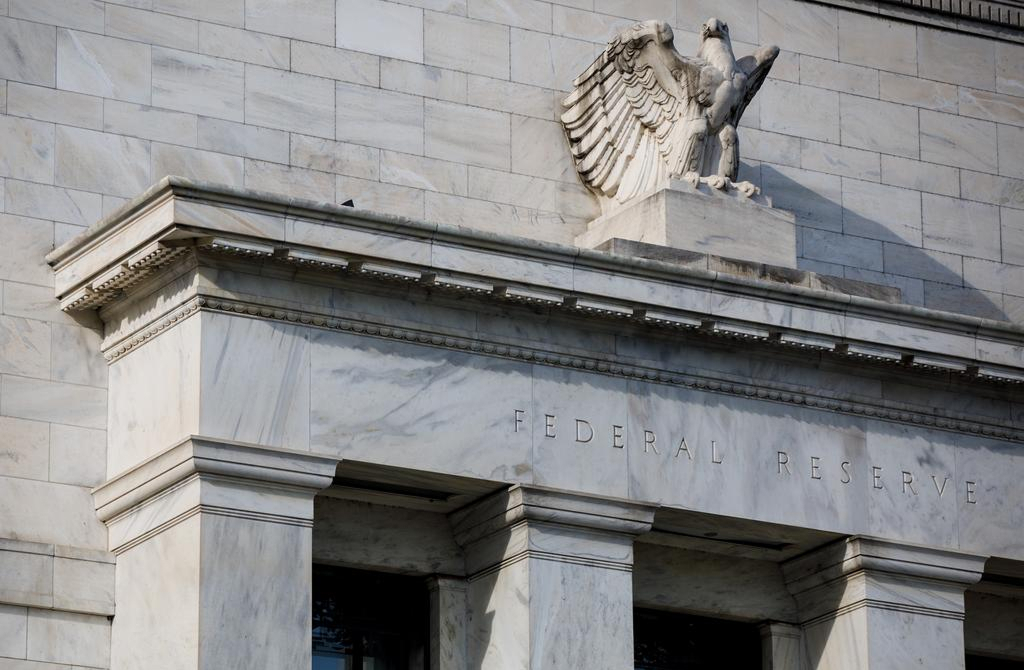
Finance
The Federal Reserve’s upcoming 2026 stress test overhaul is facing serious delays, according to financial experts. The test—intended to strengthen oversight of major banks after recent market turbulence—appears to be lagging due to regulatory bottlenecks, complex modeling requirements, and shifting economic conditions. For investors and consumers alike, this raises important questions about how well the U.S. banking system is prepared for future shocks.
A “stress test” is a regulatory exercise that evaluates how banks would perform under adverse economic scenarios—such as rising unemployment, declining asset values, or falling consumer deposits. These tests help ensure that banks maintain enough capital to continue lending, even in times of crisis.
In recent years, the process has become more data-driven and complex, incorporating factors like digital banking exposure, credit risk from new types of loans, and evolving interest rate environments. The 2026 stress test was supposed to integrate new risk measures tied to digital banking, commercial loans, and large mortgage portfolios. However, experts now warn that the pace of development and review is slowing down considerably.
According to senior analysts, the main challenge lies in data harmonization—banks and regulators are still struggling to align their models and reporting systems. The Federal Reserve’s effort to expand the scope of credit risk and deposit behavior under different rate scenarios has introduced additional complexity.
Another factor is the rapid evolution of digital banking. As more customers shift to online checking accounts and mobile deposit systems, the Fed must reassess how these technologies affect liquidity and operational risk. Integrating these digital elements into the traditional stress-testing framework requires both time and technical expertise.
Regulatory fatigue is also playing a role. After years of updates to capital adequacy standards, banks are experiencing “compliance overload,” making implementation slower and more costly.
If the deadline is indeed missed, large banks may continue to operate under outdated stress assumptions, leaving potential blind spots in their credit and loan portfolios. This could affect the stability of mortgage and deposit markets if economic conditions deteriorate unexpectedly.
For consumers, the indirect effects could include tighter credit availability or higher interest rates on loans and mortgages, as banks seek to cushion themselves against uncertain regulatory outcomes. Investors, meanwhile, might see increased volatility in bank stocks as confidence fluctuates around the new framework’s progress.
Despite these challenges, experts emphasize that missing the 2026 deadline does not necessarily mean the system is unsafe. It may instead reflect a necessary recalibration toward more sophisticated, technology-aware oversight. Still, prolonged uncertainty could delay broader confidence in how the banking sector manages emerging risks—from cyber threats to changing consumer deposit patterns.
The Fed’s stress testing framework remains a cornerstone of modern banking regulation. But as financial systems become more digital and data-intensive, the need for adaptable, real-time risk assessment grows stronger. Delays today could shape how resilient the banking system will be tomorrow—especially as interest rates, loan demands, and digital platforms continue to evolve in unpredictable ways.
 Previous Post
Previous Post
SKN | Bank of England Considers Capital Buffer Reform as Deutsche Bank Adjusts to AI-Driven Risk Landscape
 Next Post
Next Post
SKN | Former Lloyds Chief António Horta-Osório Returns to Banking Leadership Spotlight

February 22, 2026

February 22, 2026

February 21, 2026

February 21, 2026